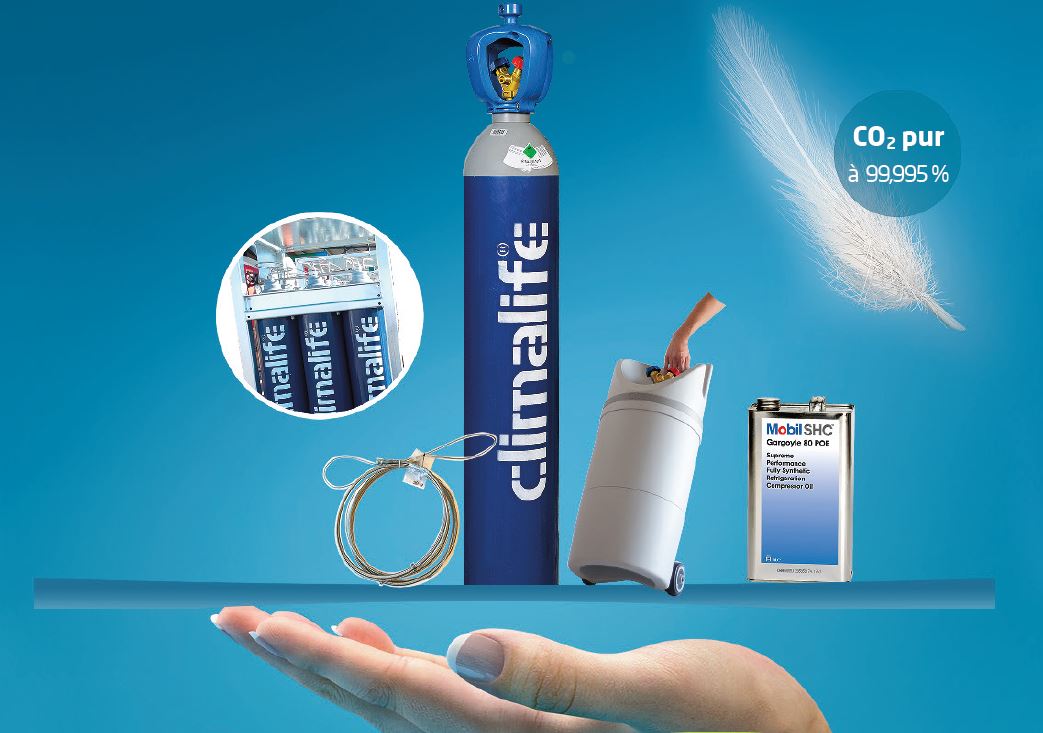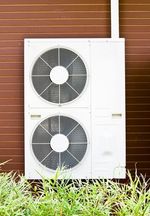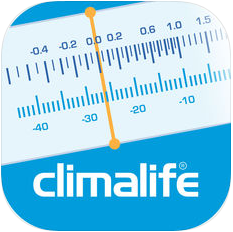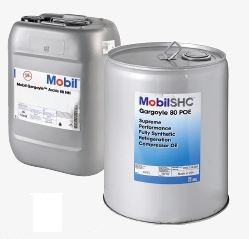
Back

With the introduction of F-Gas II and the quota system, players in the refrigeration and air conditioning industry should not delay the integration of new fluids into their development plans. For facility owners, one of the solutions to regulatory pressure can be the installation of new equipment operating with a very low GWP fluid. Therefore, CO2 (R-744); one of the oldest refrigerants, has « come back to the fore » and is increasing its market share. With a GWP of 1, CO2 (R-744) can meet the needs of commercial refrigeration. The number of hypermarkets and supermarkets using CO2 is growing rapidly in Europe and around the world. Equipment manufacturers claim they have CO2 solutions that can be used across large, medium and most recently, very small commercial systems; whatever the climate conditions.
Heat transfer fluids / secondary refrigerants are used throughout refrigeration, air conditioning, heating and renewable applications. They are one of the least expensive components of a system, but are critical to the way it functions and how effectively it is used to transfer warmth from one location to another and provide protection from freezing and corrosion.

In response to the F-Gas regulation and introduction of European market quotas, refrigerant producers are starting to prepare and market new very low-GWP refrigerants in order to meet the needs of air conditioning equipment and heat pump manufacturers.

Climalife, specialist in refrigerants launches its application Clim’app. Designed to facilitate the daily life of refrigeration professionals, Clim'app is a simple and mobile solution that supports the challenges faced when handling and managing refrigerants. In one tool, the application brings together the management of cylinders, refrigeration installations and the regulatory monitoring of the latter. The mobile field application is linked to a web-based management and administration interface.

Your digital pressure / temperature ruler containing all the refrigerants available on the market!

Mobil Gargoyle Arctic™ 68 NH developed to meet the growing use of ammonia. The new oil is designed for large industrial reciprocating and rotary refrigeration compressors used in food freezing, cold storage and marine applications.